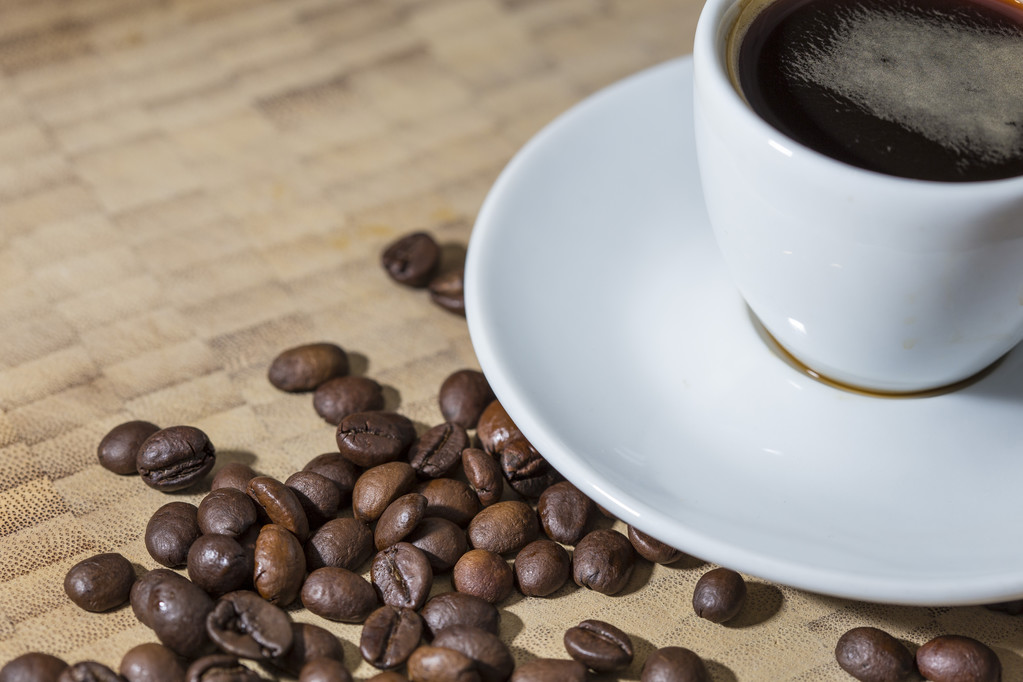Summertime is barbecue time – but many people make fundamental mistakes. Anyone who puts the wrong food on the grill or uses inappropriate utensils is harmful to their health. You shouldn’t grill this.
1. Marinated grilled food directly on the grid
One of the biggest health risks when barbecuing: when fat from the food drips onto the embers, so-called “polycyclic aromatic hydrocarbons” (PAHs) can form. The substances rise through the smoke, and anyone standing near the grill can inhale them. According to the Federal Institute for Risk Assessment, PAHs have a carcinogenic effect.
This means that marinated vegetables, meat or cheese in particular should not be placed directly on the grill to prevent the marinade from dripping off. Use a grill tray instead – ideally a reusable tray. Single-use products only create unnecessary waste.
By the way: If it still happens that liquid drips down and smoke develops, you should put the food aside until the smoke subsides.
2. Acidic or salty foods on aluminum
If you use an aluminum grill tray, however, you have to be careful again: If aluminum comes into contact with acids or salts, a chemical reaction will take place. Aluminum ions dissolve and can migrate to the food.
Healthy people usually excrete the aluminum through their kidneys – but it can also happen that the light metal accumulates in their bodies.
To avoid this, acidic and salty foods in particular should not come into contact with aluminum. So when grilling, don’t put cheese, salted or marinated meats, and vegetables in an aluminum tray or wrap them in aluminum foil. According to the Federal Institute for Risk Assessment, the same applies to tomatoes. Instead, use a stainless steel grill pan or vegetable leaves.
3. The wrong fat
Would you like to grill corn on the cob? Make sure you don’t butter it until after – butter doesn’t belong on the grill. It has a high content of unsaturated fatty acids, which cannot tolerate the high grilling temperatures. The result: butter on the cob – or any other food to be grilled – oxidizes and forms heavy smoke. The same goes for margarine and corn oil.
4. Cured and smoked meats
It doesn’t matter whether it’s directly on the grill or in a bowl: What doesn’t belong on the grill at all is cured or smoked meat. These include, for example, Viennese sausages, ham, bockwurst, meat sausage and bacon. These meat products are made using nitrite curing salt – a mixture of table salt and potassium or sodium nitrite.
5. Cheap meat
Apart from the health hazard, there is another point to consider when barbecuing: cheap meat should also be taboo. Steak, grilled sausages or meat skewers for a few euros are produced under extremely questionable conditions. The animals live in a confined space, stand in their faeces and never see sunlight in their lives. They have no opportunities to occupy themselves – the animals often injure each other. Crates, piglet castration without anesthetic and tail docking are still common in industrial mass operations.




